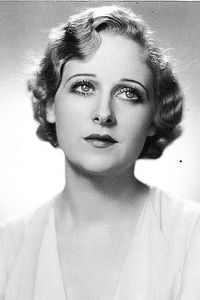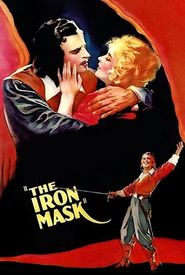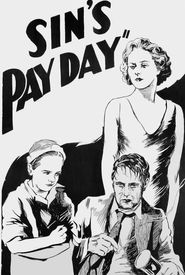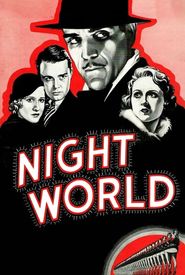Dorothy Revier, born as Velegra, was a talented individual who grew up in San Francisco, California, on April 18, 1904, with a musician as her father. This familial influence likely led her to explore a career in music, which she pursued by working as a chorine and nightclub dancer during her teenage years.
As she entered adulthood, Revier broke into the film industry at the tender age of 17 with the 1921 film "Life's Greatest Question," where she was billed as Doris Velegra. The film's storyline was penned by her first husband, Harry Revier, who was also a director and producer. He went on to direct Revier in her next film, "The Broadway Madonna," released in 1922, in which she adopted her married name, Dorothy Revier.
As Dorothy Revier, she carved out a niche for herself as a captivating blonde, specializing in femme fatale roles, although she never quite achieved top-tier stardom during her silent film era. Some of her notable titles from this period include "Dangerous Pleasure" (1924),"The Fate of a Flirt" (1925),"The Siren" (1927),and "The Tigress" (1927).
Revier was once a 'Wampas Baby Star' and her most notable performance was as the cunning Milady de Winter in Douglas Fairbanks Sr.'s "The Iron Mask" (1929). She successfully transitioned to sound pictures but primarily focused on "B"-level productions, earning the somewhat dubious title "Queen of Poverty Row" due to her frequent collaborations with filmmakers based in Gower Gulch.
Dorothy Revier eventually retired from the film industry after co-starring in the 1936 western "The Cowboy and the Kid" alongside Buck Jones. She went on to pursue writing and painting as her new creative outlets. Revier's marriage to Harry Revier ended in 1926, and she later wed commercial artist William Pelayo. Dorothy Revier passed away in 1993 due to natural causes.












































